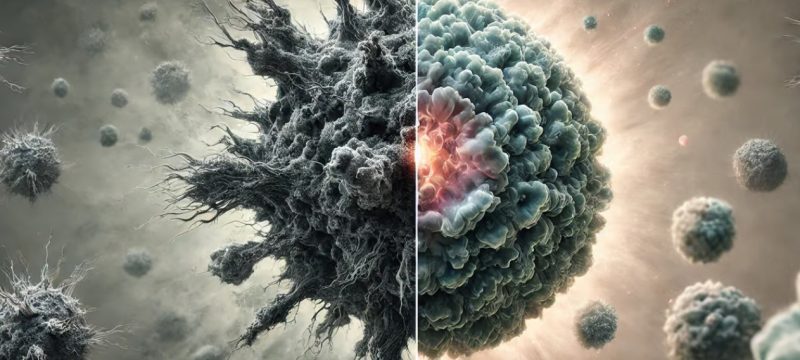In a major leap forward for cancer treatment, scientists from the Korea Advanced Institute of Science and Technology (KAIST) have developed a revolutionary technology to transform colon cancer cells back into normal-like cells. This groundbreaking approach, led by Professor Kwang-Hyun Cho from KAIST’s Department of Bio and Brain Engineering, offers a safer alternative to traditional cancer therapies that often involve harsh treatments with severe side effects.
Instead of destroying cancer cells, this method works by reprogramming them, reducing the risks of recurrence and damage to healthy tissues. Using a sophisticated computational “digital twin” model of gene networks, the researchers identified key molecular switches that control cell differentiation. By manipulating these master regulators, the team was able to reverse the cancerous cells into their normal-like states in both lab and animal trials.
Also Read: Scientists Unveil Genetic Reason Behind Why Most Orange Cats Are Male
This innovative treatment, called “reversible cancer therapy,” addresses the root causes of cancer and could transform how oncologists approach the disease. Unlike traditional methods, which focus on eliminating cancer cells, this technique allows for cancer treatment without the collateral damage often seen in chemotherapy and radiation.
Though the current study is focused on colon cancer, researchers believe that the technology could be adapted for other types of cancer, providing new hope for safer and more effective cancer therapies in the future.









